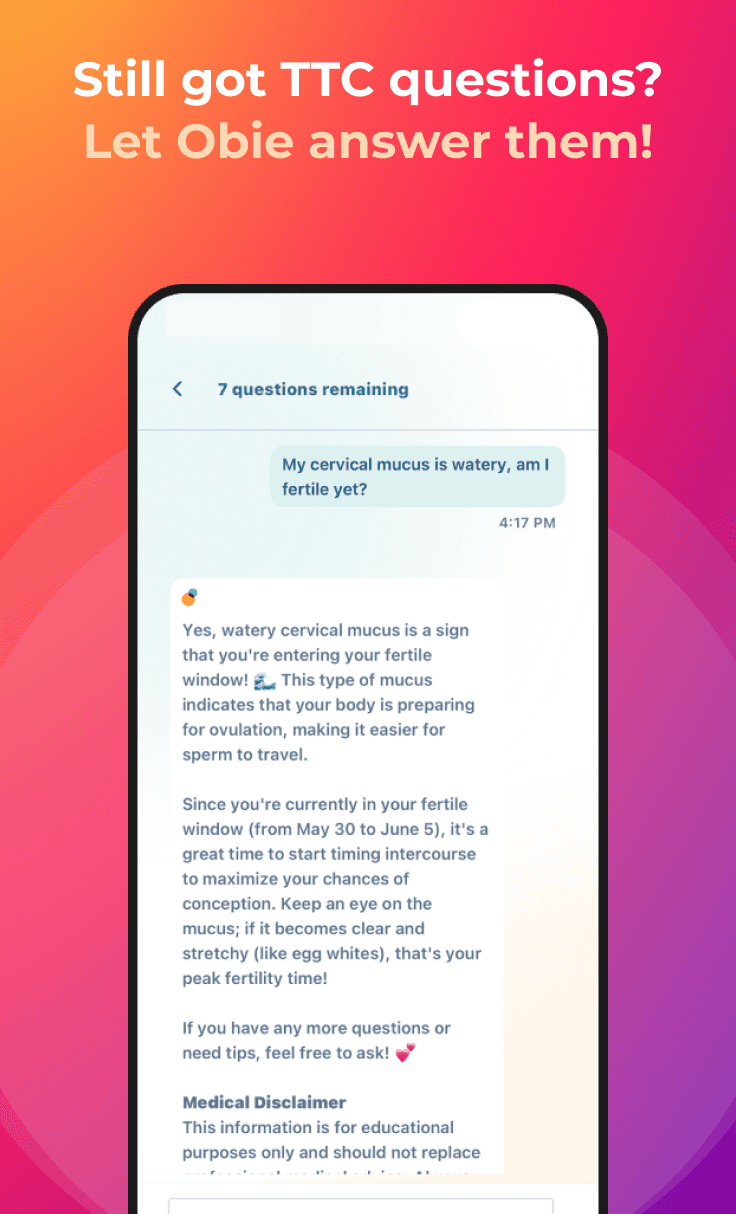Snoring
Pregnancy Symptoms
Obie Editorial Team
During pregnancy, women tend to experience nasal congestion and stuffiness that can increase the chances of snoring and sleep apnea. Weight gain, especially excess weight gain, can also attribute to an increase in snoring.
Causes of Snoring in Pregnancy
During pregnancy, women tend to experience nasal congestion and stuffiness that can increase the chances of snoring. Weight gain, especially excess weight gain, can also attribute to the orchestra of sounds coming from your nose. In some cases sleep apnea can be a problem, so if you are feeling excessively tired and waking up feeling out of breath, your attending physician should be notified about your snoring and sleep changes.
Important Facts About Snoring in Pregnancy
Snoring is not a life-threatening situation, though your partner may feel irritated and agitated due to lack of sleep thanks to the new night noises. Sleep apnea, however, is a condition that can lead to further health problems for you and your baby. If you feel the problem is more than just snoring, a sleep apnea test can be performed during pregnancy with no negative effects on your baby.
Treatment for Snoring in Pregnancy
Nasal strips are available to spread the nasal passages and allow more air to flow through the nose. These can safely be used during pregnancy and may help to relieve the congestion and pressure causing you to snore. Warm-mist humidifiers are also good for lubricating the nasal passageways to ease snoring.
Extra weight is not healthy for you or your baby during pregnancy. While you will naturally gain a some weight during pregnancy, there is really no reason to eat for two. If weight gain is excessive, try easing up on the snacks and high calorie meals and watch that pregnancy weight gain.








